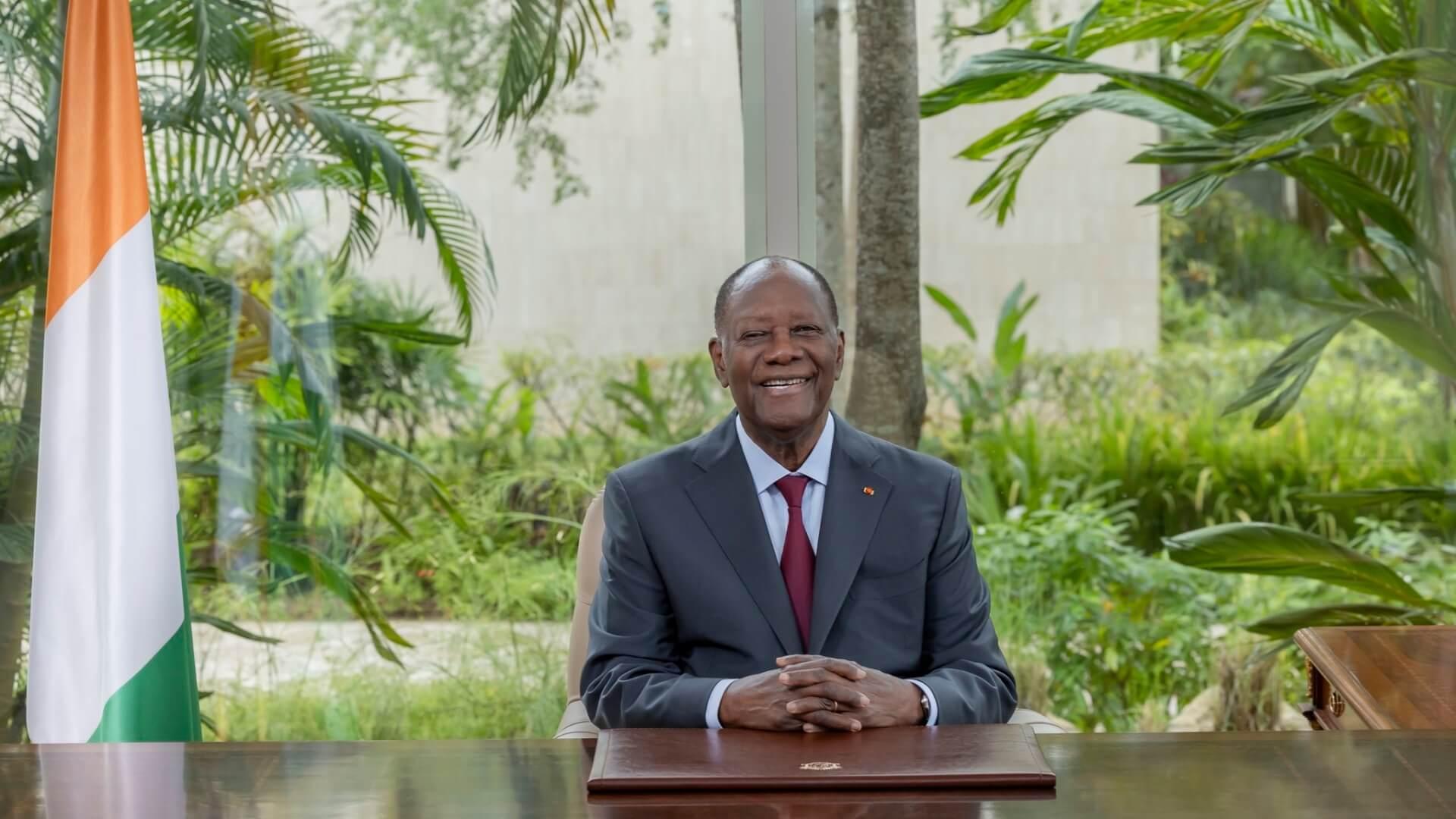Ivorians are bracing for a tense election as 83-year-old President Alassane Ouattara announces a fourth-term run. With key challengers barred and civil society alarmed, many question whether democracy or stability will prevail in the West African nation.
President Alassane Ouattara of Ivory Coast has officially announced his candidacy for a fourth term in the upcoming presidential election scheduled for October 25. Citing “unprecedented security, economic, and monetary challenges,” the 83-year-old leader defended his decision as a response to the country’s need for continued stability in turbulent times.
Speaking in Abidjan, Ouattara declared, “Our constitution allows me to serve another term, and my health permits it.” He positioned his leadership as essential to navigating growing regional insecurity and global economic pressures.
Since assuming office in 2011, Ouattara, a former IMF official and U.S.-trained economist, has overseen a decade of strong GDP growth averaging 6% annually.
His administration is credited with macroeconomic reforms and infrastructure expansion. However, critics argue that prosperity has not translated into inclusive development, with rising inequality and youth unemployment fueling public discontent.
Democratic Concerns and Excluded Rivals
Controversy swirls around Ouattara’s bid, particularly regarding constitutional term limits. While a 2016 constitutional revision reset presidential terms, opposition figures argue that a fourth run breaches the spirit of democratic norms.
Adding fuel to the fire, high-profile challengers such as ex-President Laurent Gbagbo and prominent businessman Tidjane Thiam have been disqualified from the race—sparking accusations of political manipulation and judicial overreach.
This tightening political space has drawn sharp rebukes from civil society, religious leaders, and human rights groups.
The recent suppression of protests and the exclusion of opposition voices harken back to Ivory Coast’s fraught electoral history. The 2010 post-election crisis, which claimed over 3,000 lives, remains a painful memory for many Ivorians.
A Frontrunner Amid Fragile Unity
Despite the turbulence, Ouattara remains a leading contender, buoyed by state resources, an organized party machine, and a weakened opposition.
He has promised that his next term would begin a “generational transition,” pledging to appoint younger leaders and broaden the government’s focus on ordinary citizens’ welfare.
But questions persist. Can the country achieve sustained peace and inclusive development under a disputed mandate? Or will the concentration of power and shrinking political space deepen mistrust and fuel future unrest?
As the Ivory Coast heads toward a crucial election, the world watches closely. The outcome may not only shape the country’s trajectory but could also send ripples across West Africa, where debates over term limits and democratic backsliding are increasingly central.
Leave a comment
Your email address will not be published. Required fields are marked *





